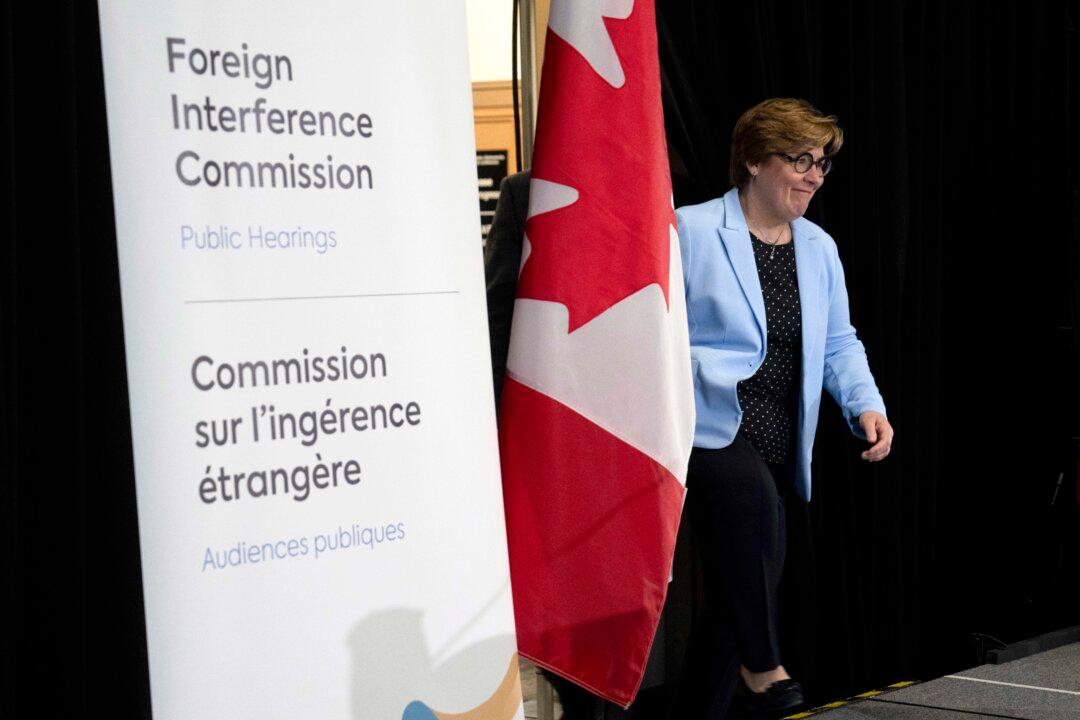The federal government says in its final submission to the Foreign Interference Commission that no political interference led to the delay of a surveillance warrant on an Ontario politician, while other participants say there is no other possible explanation.
Final submissions from parties involved in the public inquiry were made on Nov. 18, and several of them spent time discussing a 2021 warrant application from the Canadian Security Intelligence Service (CSIS). The warrant, seeking intrusive surveillance powers, took 54 days to get approved by then-public safety minister Bill Blair. Normally, it takes between four and 10 days, the commission heard.





